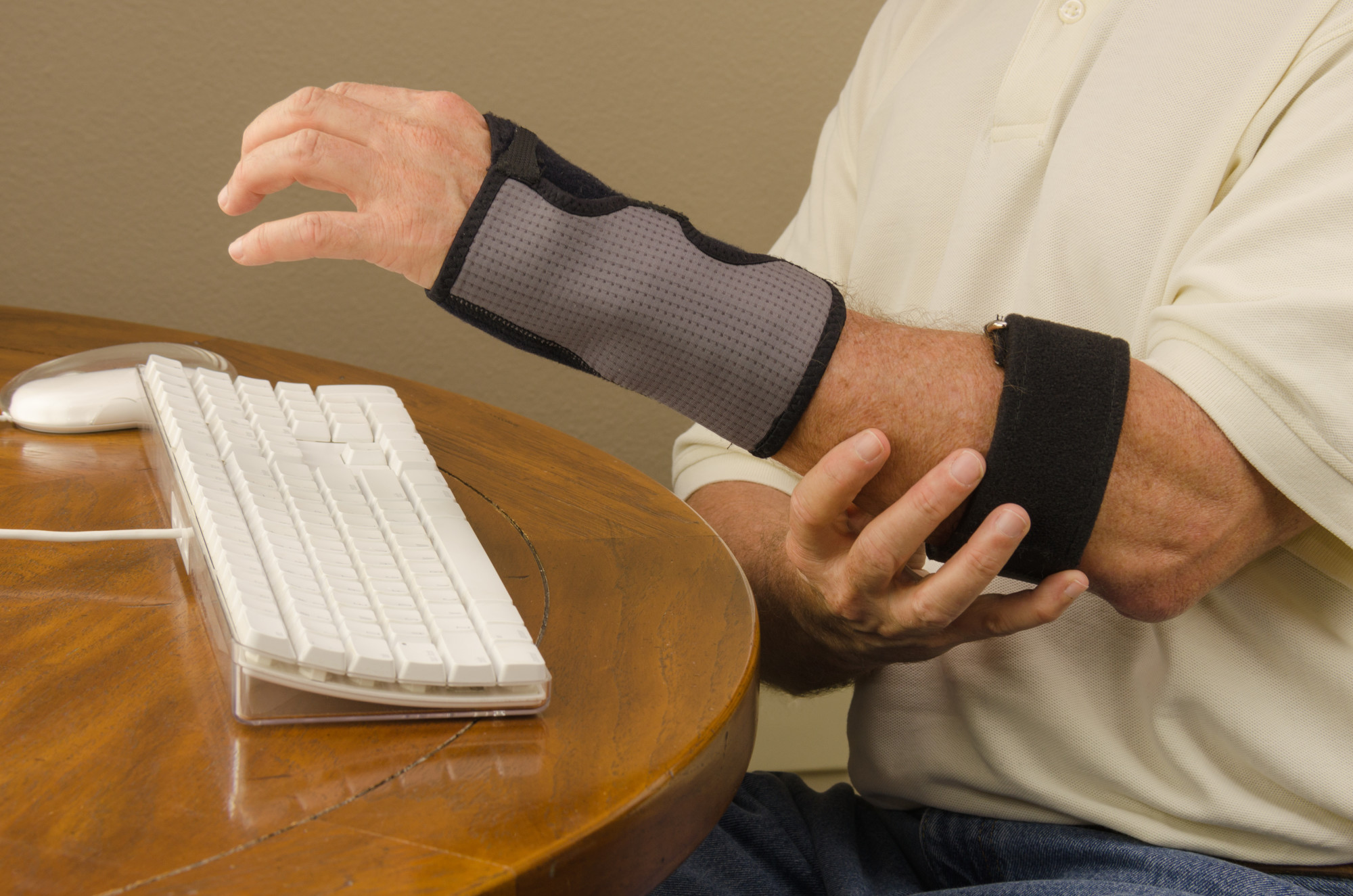Have you recently suffered an injury at work? If so, know that you’re not alone.
According to the Bureau of Labor Statistics, tens of thousands of people get injured at work each year. On top of that, more than 5,000 workers die on the job each year.
After you suffer an injury, it’s important to know your legal rights. You might be wondering: “Now that I’ve been injured at work: can I sue?” In many cases, you can’t.
However, you still have other options that can get you the compensation you need.
Read on to learn about what your legal options are after suffering a work-related injury.
Submit an Accident Report
Many people might try to downplay their injury, especially if it seems minor. However, it’s important to file an accident report regardless of how severe or mild your injury may seem.
Most states have deadlines for when you can file an accident report. If you wait too long, you might not get any compensation, no matter how serious the injury is.
On top of that, many employers modify safety guidelines in response to employee accident reports. By filing one, you can help ensure that what happens to you doesn’t happen to anyone else.
Pursue Workers’ Compensation
Most states don’t allow you to sue your employer over workplace injuries. What they do allow you to do, however, is receive workers’ compensation.
Workers’ compensation can help cover medical bills, as well as any time you have to spend out of work. In many cases, you can receive it even if the injury you sustained wasn’t your employer’s fault.
While you might not be able to sue your employer over standard injuries, you can sue them over asbestos exposure. This is negligence on their part, and you should absolutely look into taking the matter to court.
Drugs and Alcohol May Prevent You From Getting Compensation
While you can qualify for workers’ compensation if the injury was your fault, one factor that can make it difficult to receive is drugs or alcohol.
If you were drinking on the job or using illegal drugs, there’s a high chance a judge will deny your request for workers’ compensation. In those cases, the law concludes that if you weren’t intoxicated, you wouldn’t have suffered an injury.
Because of that, most employers require their employees to pass drug and alcohol tests when trying to get workers’ comp. This helps ensure you weren’t under the influence when your accident happened.
See a Doctor
Make a point to schedule an appointment with a doctor as soon as possible. If your injury is serious enough, don’t hesitate to go to the emergency room.
Oftentimes, workers’ comp laws require you to go to an employee-approved doctor. Make sure you know which offices are covered to ensure you don’t have to end up paying for the visit yourself.
However, if you’re not happy with how the initial visit goes, don’t be afraid to get a second opinion. Workers’ compensation laws come with some level of flexibility when it comes to doctors visits.
Submit a Compensation Claim
After ensuring that you’re healthy and safe, your next step is to submit a workers’ compensation claim. This is a formal request to receive workers’ comp through your employer’s insurance company.
Make sure to file this claim as soon as possible, because again, time is of the essence. If you didn’t realize you were injured when you filed the accident report, update your employer.
It’s their job to file an employee compensation claim in a timely manner. Follow up with them to make sure they do that. You also have the right to a copy of the claim they follow.
Find the Right Workers’ Compensation Attorney
Working with workers compensation lawyers throughout this entire process is always a good idea. Most of the time, they can help you understand your options and help you get the money you need.
However, you do want to consider a few factors before committing to any individual or firm.
Make Sure They Specialize in Workers’ Comp Cases
There are many lawyers out there, and many of them claim to be experts in several different fields. While that might sound good on paper, you want someone who specializes in workers’ comp cases.
Ensure that they have plenty of experience helping employees get compensation for the injuries they sustain at work. You want to see a track record of success when it comes to helping people file workers’ comp claims.
Ask the Right Questions
Most legal firms and lawyers provide you with a free consultation. That’s your chance to ask them all of the important questions you want answers to.
These may include:
- How long they’ve been handling workers’ comp cases
- Whether they can represent you through the entire process
- Who specifically will handle your case
- How attorney fees work
- Whether you’ll have to pay even if your claim gets denied
Asking these sorts of questions can help you land the right lawyer for you.
Injured at Work: Can I Sue? In a Way
Regardless of what type of injury you suffer on the job, it’s important to know what your rights are. While the answer to the question “I’ve been injured at work: can I sue?” may be no, there are other legal paths you can take.
Workers’ compensation can get you the money you need to recover—even if the injury wasn’t your fault. Make sure to hire the right workers’ comp lawyer to help you navigate the legal process.
Are you look to learn more about workers’ compensation and other legal topics? If so, spend some time checking out the rest of our site for more great content.


















